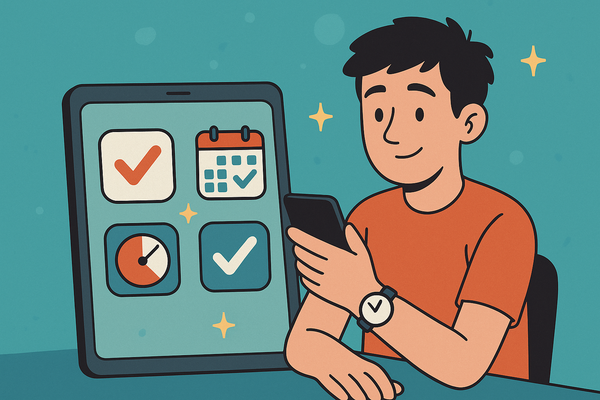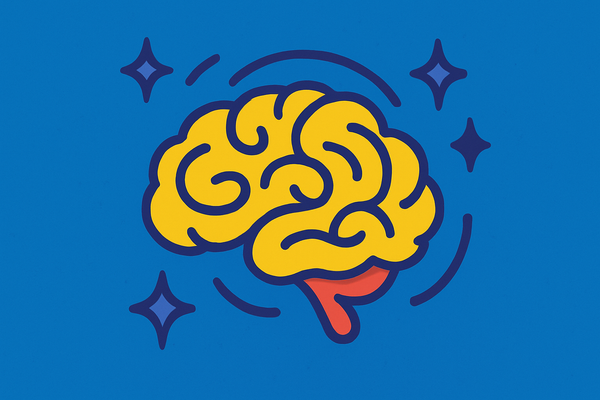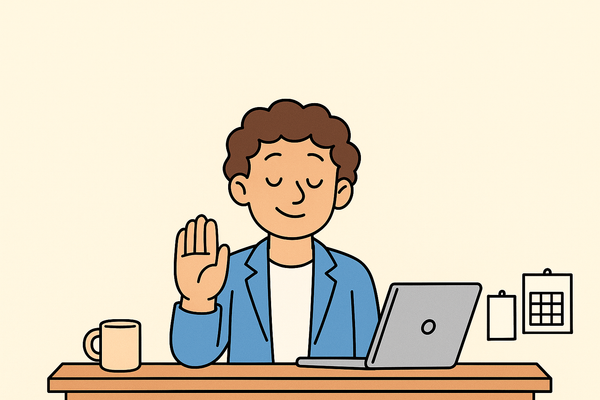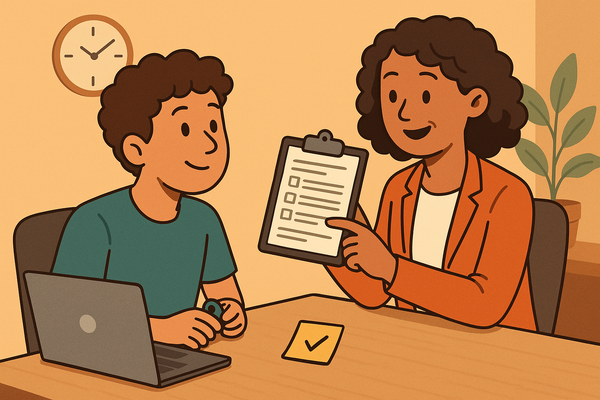What’s the Deal with ADHD and Diet?
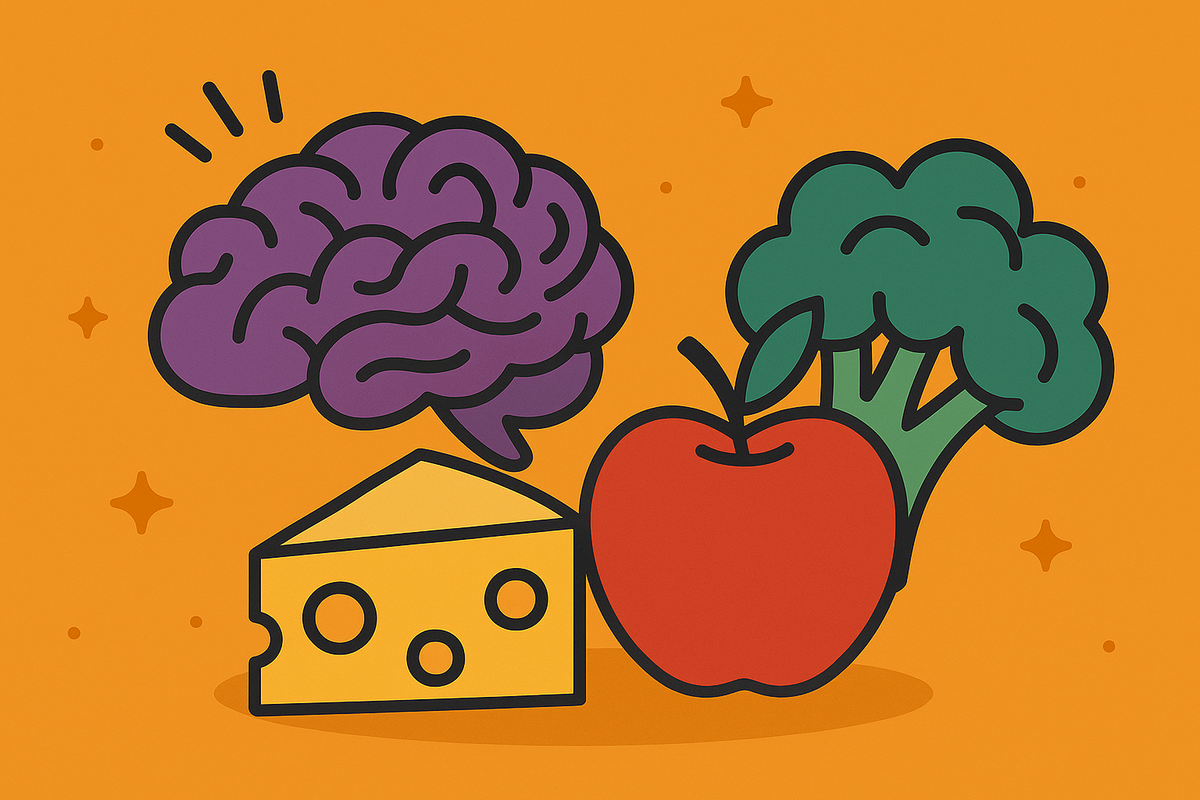
If you have ADHD and have ever wondered whether what you eat affects how you think, focus, or feel—you’re not alone. Diet and ADHD is a topic that comes up a lot, but it’s also full of confusion, hype, and wildly conflicting advice. So let’s take a grounded look at what we actually know, what might help, and how you can approach food in a way that supports your brain (without turning your kitchen into a science lab).
The Science: What We Know (and Don’t)
There is no magic ADHD diet. Despite the promises of influencers or wellness gurus, there is no single food plan that will “fix” ADHD. That said, there are some dietary factors that research and personal experience suggest may have a real impact:
- Protein can help with neurotransmitter function and may reduce spikes and crashes in focus.
- Omega-3 fatty acids, found in fish like salmon or in supplements, may have modest positive effects on ADHD symptoms.
- Micronutrient deficiencies (like zinc, iron, and magnesium) have been associated with worsened symptoms in some people.
- Highly processed or sugary foods don’t cause ADHD but might worsen impulsivity or mood regulation in sensitive individuals.
Importantly, most of the evidence is suggestive, not definitive. Nutrition isn’t a cure, but for many people, it can be one helpful piece of a larger support puzzle.
My Experience with ADHD and Food
For me, food has never just been fuel. It’s been a mix of reward system, sensory comfort, dopamine hit, and sometimes complete afterthought.
Before I knew I had ADHD, I’d often skip meals because I was hyperfocused or overwhelmed by decision-making. Then I’d crash later and make impulsive food choices that left me more tired. It wasn’t until I started noticing patterns that I realized how much food was affecting my focus and energy.
One of the biggest changes I made? Prioritizing breakfast. Even something simple like eggs or yogurt with fruit made a noticeable difference in my ability to concentrate during the morning.
Like what you’re reading? Get weekly ADHD news, tools, and creative strategies delivered straight to your inbox.
Practical Tips That Actually Helped
Here are some food-related changes that felt realistic and sustainable (even with executive dysfunction):
- Have go-to meals: I made a list of 3-5 simple meals I actually enjoy and can prepare easily. This cut down on decision fatigue.
- Batch snacks: Prepping snacks like cheese cubes, protein bars, or washed fruit on Sunday made me more likely to grab something balanced.
- Try morning protein: Including protein early in the day helped reduce the afternoon energy slump.
- Reduce shame: I stopped moralizing food as “good” or “bad.” I just started asking: Does this help me feel better, worse, or neutral?

A Flexible Approach
The goal here isn’t to overhaul your diet overnight. It’s about noticing patterns, supporting your brain, and removing as much friction as possible from the act of feeding yourself.
Some days you’ll eat well. Other days, cereal out of the box is a win. Both count.
Where to Go From Here
If you’re interested in experimenting with nutrition and ADHD:
- Keep a gentle food + focus journal for a few days.
- Ask your doctor about checking iron, zinc, or magnesium levels.
- Consider trying omega-3 supplements if you don’t eat much fish.
- Think in terms of support, not solutions.
And most of all: be kind to yourself. Feeding an ADHD brain isn’t about perfection—it’s about finding what actually works for you.

